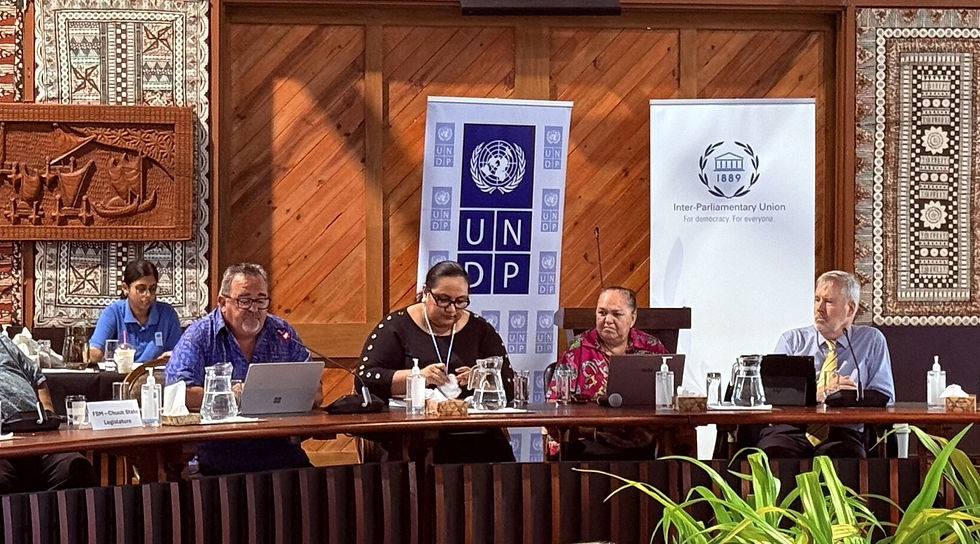The Civic Engagement Scorecard: Rating Civic Life in Your Community
- Roslyn Fuller
- Sep 24, 2020
- 3 min read
Updated: Aug 30, 2025
by Quixada Moore-Vissing, PhD (Public Agenda)

In order to improve democracy and strengthen civic infrastructure, citizens need opportunities to give feedback about their public institutions, including how they are working, or not working with the public. However, there are few tools that allow for citizens to share how they feel about engagement at the local level, such as the latest town meeting. Further, there are not many unified data collection efforts to learn about how citizens experience their community overall – including how connected, informed, heard, and included people feel.
Although these data are being collected piecemeal through various projects, overall the public engagement field still needs more universal engagement measurement and rating tools so that we are able to compare how engagement varies over time. We also have to account for communities with different attributes, including geography, urbanicity and levels of poverty or wealth. There are even fewer tools that translate across different countries.
To address these challenges, Public Agenda, a nonprofit located in New York City, has developed the Civic Engagement Scorecard. The scorecard is a rating tool similar to Yelp, TripAdvisor, Glassdoor, and RateMyProfessor. Free to use and easily accessible via smartphone, computer or tablet, the Scorecard helps local officials, nonprofits, philanthropic organizations and other public leaders better understand how local people feel about specific engagement activities in their community (ex: a town hall meeting, online forum or community festival). The Scorecard is also designed to gather feedback from citizens on engagement as a whole at the local level, including
How well people are connecting with others in the community
How much people trust others in the community
How effectively public institutions are sharing information
If people have a say in decisions made in their community
The extent to which people are volunteering
How much people feel they matter to others in their community
The Scorecard tracks demographic attributes of users, such as race, gender, age, educational levels, postal code and political identity.
Public Agenda developed the Scorecard as part of our work for Community Voices for Health (CVH), an initiative supported by the Robert Wood Johnson Foundation, with technical assistance from Public Agenda and the health policy organization Altarum, to strengthen the infrastructure for engagement in health. Public Agenda and Altarum are working with grantees, policymakers, and researchers in the states of Pennsylvania, Georgia, Indiana, Colorado, New Mexico, and Nevada to identify and leverage existing engagement assets, add new activities, support community-engaged research efforts, and connect with state and local decision-makers.
In addition to the CVH work, the Scorecard is currently being piloted in select communities across the United States, including through the Civic Spring Initiative with the Woodrow Wilson Foundation. Civic Spring focuses on funding opportunities to increase civic learning opportunities for youth and supporting young people to engage their communities around COVID-19 and the American presidential election.
The scorecard is indicative of some of our larger pursuits around better measuring and understanding engagement. In particular, we are interested in engagement practices both leaders and community members can employ to catalyze stronger civic life in their communities. The lessons learned from the Scorecard can be leveraged to build more productive and sustainable frameworks for engagement, which will hopefully lead to institutional changes that improve people’s daily lives.
We have the ability to adapt the Scorecard to other contexts. If you are interested in learning more about the Scorecard or talking about how to measure engagement, please contact Associate Director of National Engagement Quixada Moore-Vissing at qmoore-vissing@publicagenda.org
Please note: The views expressed in this post do not necessarily reflect the views of the Robert Wood Johnson Foundation.



Comments